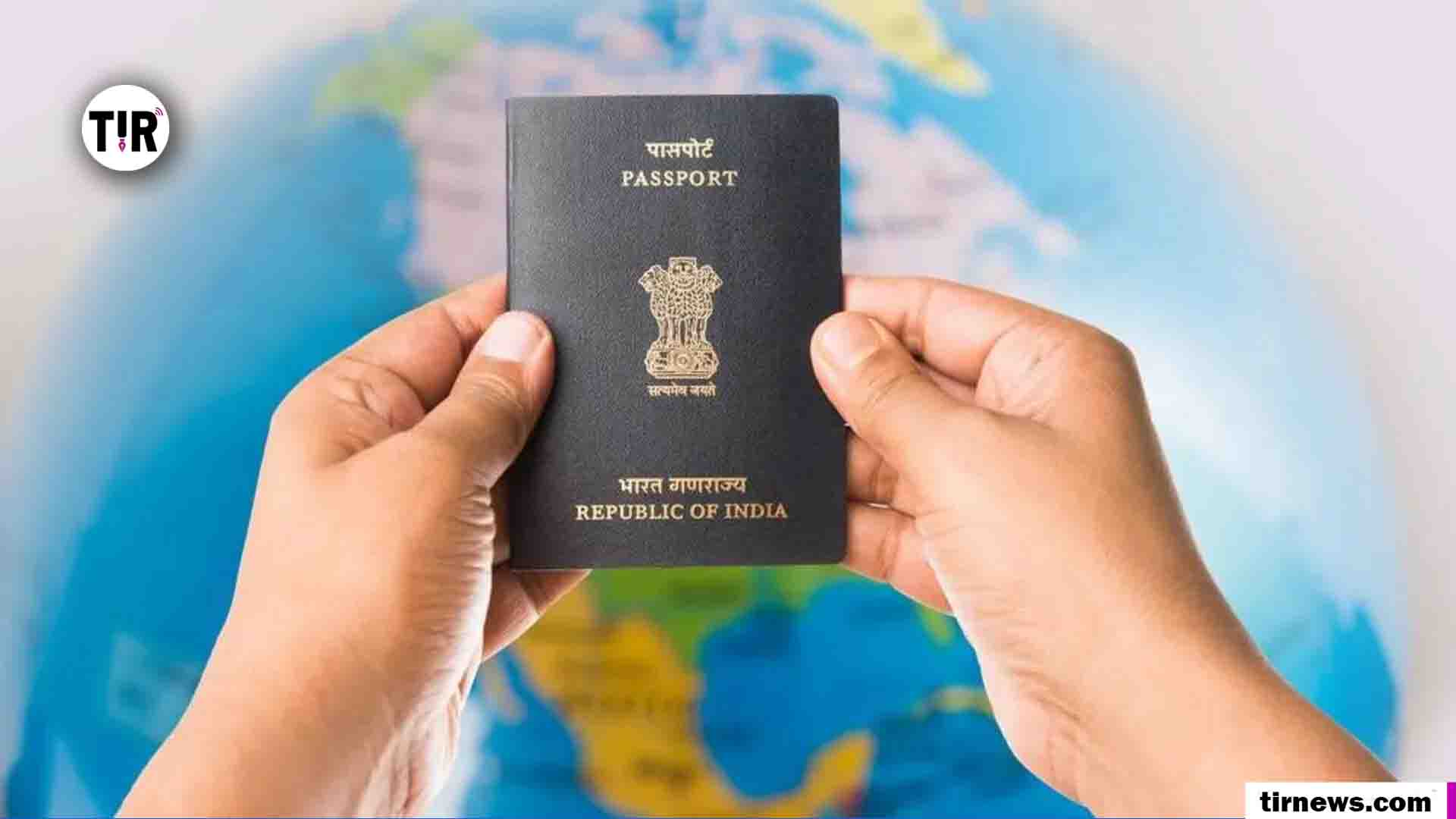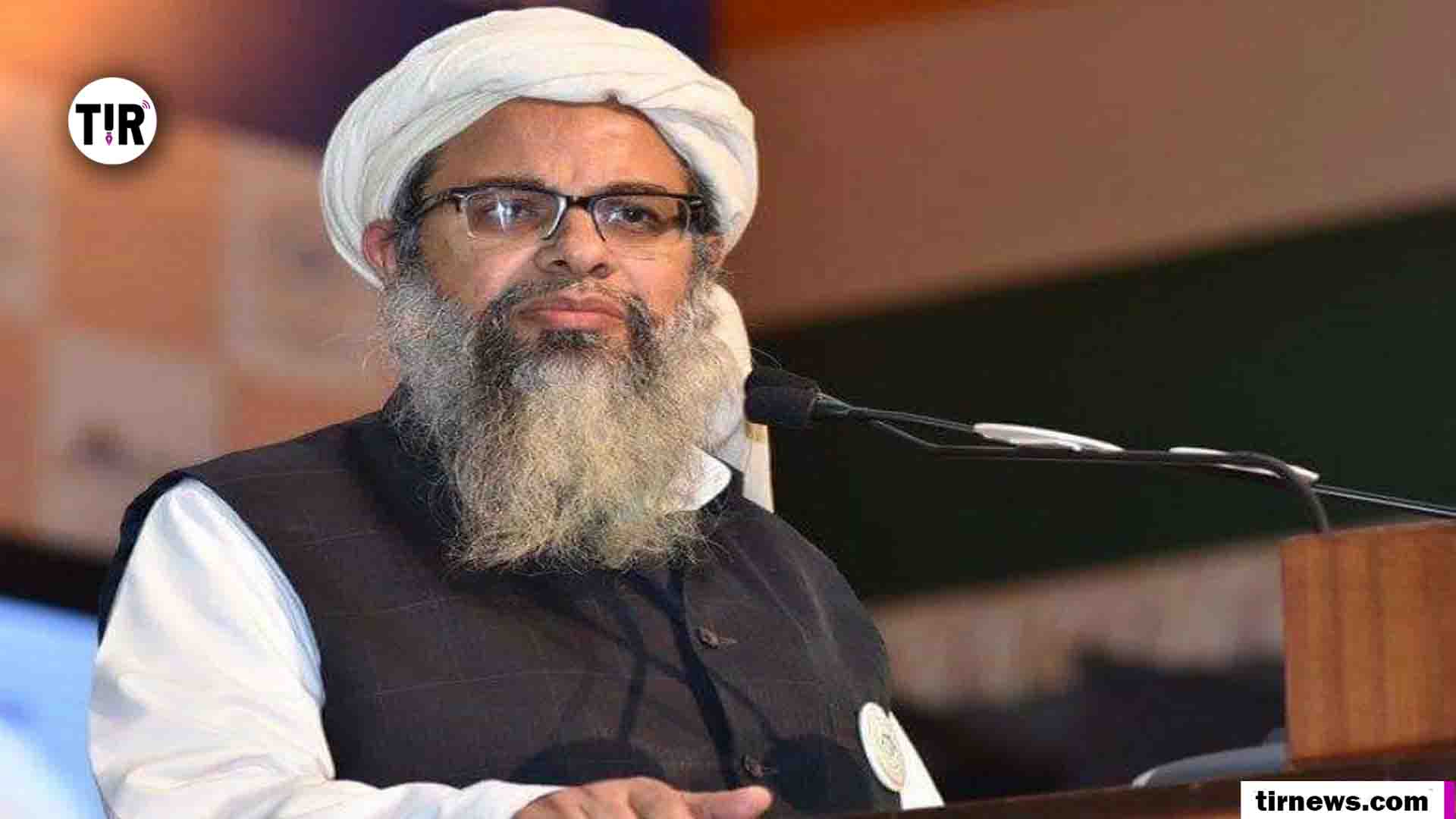On September 3, 2025, India’s Home Ministry issued a sweeping exemption allowing members of certain minority communities—Hindus, Sikhs, Buddhists, Jains, Parsis, and Christians—from Afghanistan, Bangladesh, and Pakistan to stay in India without valid passports or travel documents, provided they entered the country on or before December 31, 2024. This relief comes under the newly enacted Immigration and Foreigners Act, 2025 (The Times of India, The Indian Express).
This order broadens protections under the earlier Citizenship Amendment Act (CAA), which applied only to those who entered before December 31, 2014, offering a route to citizenship (The Economic Times, Wikipedia). While the latest regulation waives documentation requirements, it does not confer citizenship, which remains a separate legal process (Firstpost, The Economic Times).
The directive is seen as a humanitarian measure intended to shield persecuted religious minorities who arrived after CAA’s eligibility deadline and were uncertain about their legal status (Firstpost, Travel And Tour World).
Context & Broader Implications
- Policy Continuity and Expansion: The 2025 Act extends the cut-off date from 2014 to 2024 and introduces the practical relief of residency without documentation, yet stops short of granting citizenship automatically (The Hans India, Business Today).
- Additional Exemptions: Beyond these religious minorities, the Act also maintains long-standing exemptions for Nepalese and Bhutanese citizens, registered Tibetans, and Indian armed forces personnel traveling on duty (The Indian Express, Firstpost).
- Security Safeguards: The exemptions do not extend to individuals involved in serious crimes such as terrorism, espionage, human trafficking, or other illicit activities (Firstpost).



